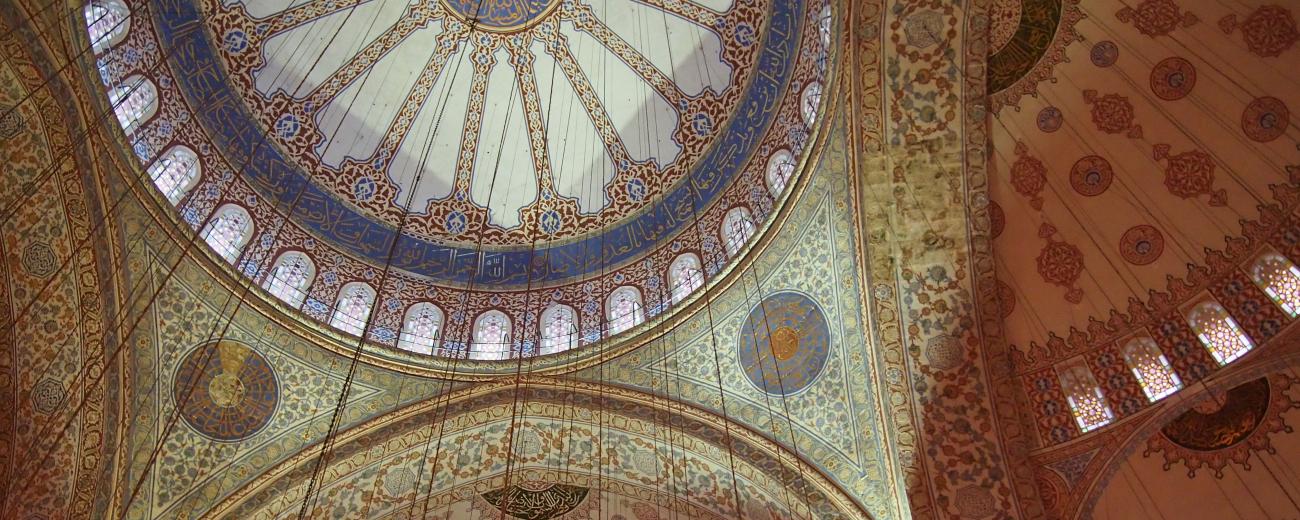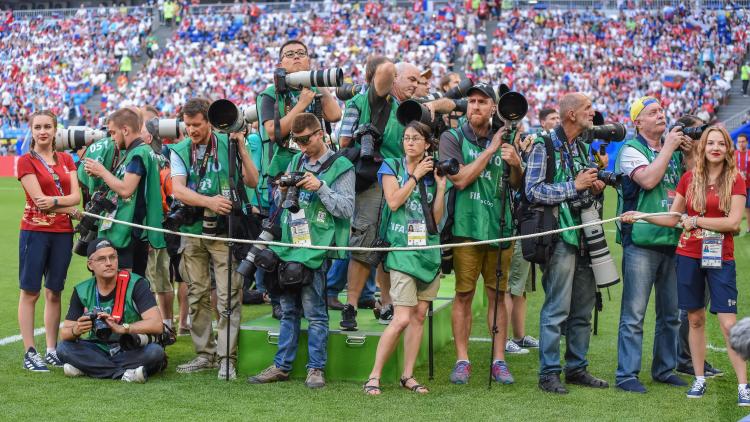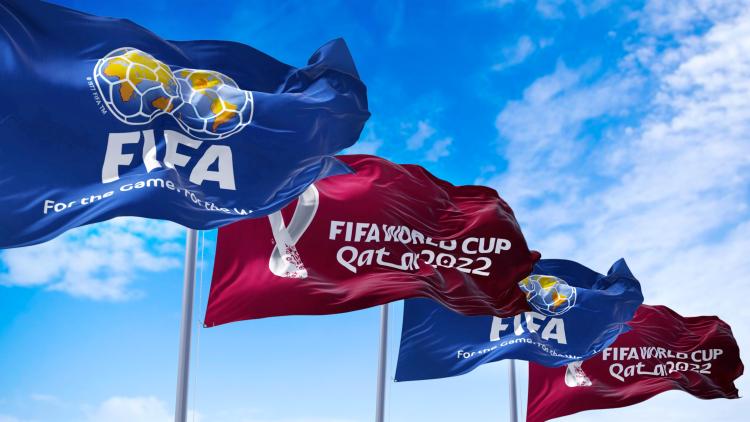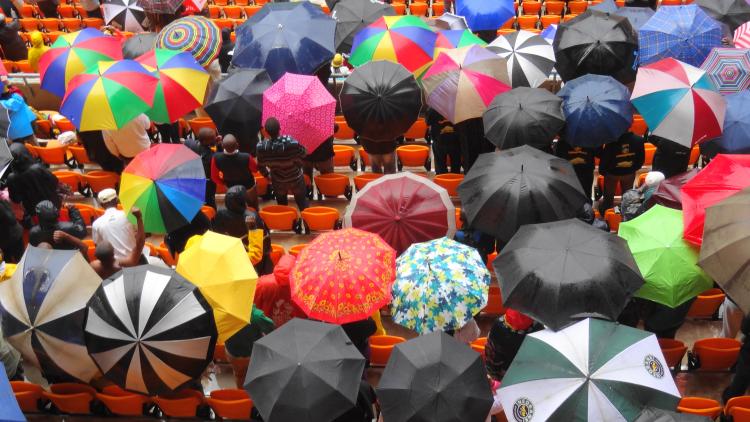BA Arabic


Key information
- Start date
- Duration
- 4
- Start of programme
- September
- Attendance mode
- Full Time
- Location
- SOAS on Campus
- Fees
-
Home student fees: £9,250
Overseas student fees: £21,990Please note that fees go up each year.
See undergraduate fees for further details. - Course code
- T620
- Entry requirements
-
ABB
Contextual: BBB
-
Austria: Reifeprufungszeugnis / Maturazeugnis: four subjects at 1, 2, 2, 2
A Level equivalent: ABB
Contextualised offer: BBB -
Belgium: Diploma van Secundair Onderwijs: 75% (7.5/10, 15/20) overall
A Level equivalent: ABB
Contextualised offer: BBBInformation for prospective students from Belgium
-
Bulgaria: Diploma za Zavarsheno Sredno Obrazovanie: 5.3 and 5.0 in two State Maturity Exams
A Level equivalent: ABB
Contextualised offer: BBB -
Canada: High School Diploma: 80% with 5 acceptable Grade 12 subjects (most territories).
British Columbia: AABBB in Grade 12 courses.A Level equivalent: ABB
Contextualised offer: BBBInformation for prospective students from Canada
-
China: Senior Secondary Graduation Certificate + Gaokao: 78% overall in Gaokao PLUS 85% overall in Senior Secondary School Graduation Certificate (year 11 and 12)
A Level equivalent: ABB
Contextualised offer: BBBInformation for prospective students from China
-
Croatia: Matura Certificate: 4.5 overall with 5 in 1 Higher level subject
A Level equivalent: ABB
Contextualised offer: BBB -
Cyprus: Apolytirion with 2 A-Levels: Apolytirion 18/20 + A-level grades BB
A Level equivalent: ABB
Contextualised offer: BBB -
Czech Republic: Matura Certificate: 1, 2, 2, 2
A Level equivalent: ABB
Contextualised offer: BBB -
Denmark: Studentereksamen; Hojere Forberedelseseksamen; Hojere Handelseksamen; Hojere Teknisk Eksamen: 7 plus 10, 7, 7 in three Level A subjects
A Level equivalent: ABB
Contextualised offer: BBBInformation for prospective students from Denmark
-
Estonia: Gümnaasiumi lõputunnistus with the Riigieksamitunnistus: 4.0 with 85%, 80%, and 80% in 3 state exams
A Level equivalent: ABB
Contextualised offer: BBB -
Finland: Ylioppilastukint / Studentexamen: four subjects at 6, 5, 5, 5
A Level equivalent: ABB
Contextualised offer: BBB -
France: French Baccalaureat or Option Internationale du Baccalauréat (OIB): 13/20
A Level equivalent: ABB
Contextualised offer: BBBInformation for prospective students from France
-
Germany: Abitur: 1.8
A Level equivalent: ABB
Contextualised offer: BBBInformation for prospective students from Germany
-
Greece: Apolytirion of Geniko Lykeio with Pan Hellenic exams: 18/20
A Level equivalent: ABB
Contextualised offer: BBBInformation for prospective students from Greece
-
Hong Kong: Hong Kong Diploma of Secondary Education: 544 in two electives and one core (all other subjects grade 3)
A Level equivalent: ABB
Contextualised offer: BBBInformation for prospective students from Hong Kong
-
Hungary: Matura (Erettségi): 4.5 overall
A Level equivalent: ABB
Contextualised offer: BBB -
Iceland: Stúdentspróf: 7.5
A Level equivalent: ABB
Contextualised offer: BBB -
India: Standard XII: 75% (CBSE, CISCE, Tamil Nadu, Maharashtra & West Bengal boards), 80% (all other state boards)
A Level equivalent: ABB
Contextualised offer: BBBInformation for prospective students from India
-
Ireland: Irish Leaving Certificate: H1, H2, H2, H3, H3
A Level equivalent: ABB
Contextualised offer: BBB -
Israel: Bagrut: Overall grade of 7, 80% with 3 subjects at 5-unit level
A Level equivalent: ABB
Contextualised offer: BBBInformation for prospective students from Israel
-
Italy: Diploma Consequito con L’Esame di Stato: 80% overall
A Level equivalent: ABB
Contextualised offer: BBBInformation for prospective students from Italy
-
Latvia: Certificate of General Secondary Education: 88% in four State subject exams
A Level equivalent: ABB
Contextualised offer: BBB -
Lithuania: Brandos Atestatas: 8.5/10 and 90%, 85%, 85% in three State Exam
A Level equivalent: ABB
Contextualised offer: BBBInformation for prospective students from Lithuania
-
Malta: Advanced Matriculation Certificate: AB (Advanced) + BBB (Intermediate)
A Level equivalent: ABB
Contextualised offer: BBB -
Netherlands: Voorbereidend Wetenschappelijk Onderwijs: 7.5 overall with 8, 8, 7, 7 in four subjects
A Level equivalent: ABB
Contextualised offer: BBB -
Norway: Vitnemål vidergaende opplaering: 4.3 overall
A Level equivalent: ABB
Contextualised offer: BBBInformation for prospective students from Norway
-
Poland: New Polish Matura: 75% in three Advanced Level subjects
A Level equivalent: ABB
Contextualised offer: BBBInformation for prospective students from Poland
-
Portugal: Diploma de Ensino Secundario: overall 17.5/20
A Level equivalent: ABB
Contextualised offer: BBB -
Romania: Diploma de Bacalaureat: 8.5 overall
A Level equivalent: ABB
Contextualised offer: BBBInformation for prospective students from Romania
-
Singapore: Polytechnic Diploma (Nanyang, Ngee Ann, Singapore, Temasek and Republic Polytechnic): GPA 3.3
A Level equivalent: ABB
Contextualised offer: BBBInformation for prospective students from Singapore
-
Slovakia: Maturitná skúška / Maturita / Vysvedčenie o maturitnej skúške: four subjects at 1, 2, 2, 2
A Level equivalent: ABB
Contextualised offer: BBB -
South Africa: National Senior Certificate: 77666
A Level equivalent: ABB
Contextualised offer: BBBInformation for prospective students from South Africa
-
Spain: Curso de Orientación Universitaria / Título de Bachillerato: 7.5
A Level equivalent: ABB
Contextualised offer: BBBInformation for prospective students from Spain
-
Sweden: Slutbetyg / Examensbevis från Gymnasieskolan: A in 1200 credits and no grades below D / 18 / mainly B overall (MVG/VG)
A Level equivalent: ABB
Contextualised offer: BBB -
Switzerland: Federal Maturity Certificate: 4.5
A Level equivalent: ABB
Contextualised offer: BBB -
Tanzania: Advanced Certificate of Secondary Education: ACSE with BBB in 3 principle subjects
A Level equivalent: ABB
Contextualised offer: BBB -
Trinidad and Tobago: CAPE: Six CAPE units with grade 2 (+two double-unit courses)
A Level equivalent: ABB
Contextualised offer: BBB -
Turkey: Lise Diplomasi: 78-83% (depending on high school)
A Level equivalent: ABB
Contextualised offer: BBB -
USA: High School Diploma plus ACT, SAT, or AP exams:
-
High School Diploma GPA 3.0 plus SAT 1280 or ACT 27 and 2 AP's at 4,4
or -
High School Diploma GPA of 3.2 plus 2 AP's at 4,4
or -
High School Diploma GPA 3.4 plus SAT 1300 or ACT 29
or -
2-year Associate degree GPA 3.1
A Level equivalent: ABB
Contextualised offer: BBB -
-
See undergraduate entry requirements and English language requirements for international and alternative entry requirements.
Course overview
The BA Arabic provides an intensive study of Modern Standard Arabic in its first year.
Students are free to choose a second module on Arabic culture, Middle Eastern literature or Islam as the year's minor component. The second year continues the study of Modern Standard Arabic and introduces the student to classical Arabic and modern Arabic literature. An appropriate fourth module is chosen from the list of approved optional modules.
The third year is spent at an Arab university or Language Institute in the Middle East, where students study the colloquial language as well as Modern Standard Arabic, and write an extended essay in Arabic.
In the final year, study of language and literature is continued at the advanced level. In addition, the freedom to select two other appropriate modules from the list of options gives students the opportunity of specialising in a field of particular interest.
Why study Arabic at SOAS?
- SOAS is ranked 1st in London in the Complete University Guide 2021 for Middle Eastern and African Studies, and 6th in UK.
- SOAS has an unrivalled reputation as the foremost provider of Near and Middle East studies.
- Modern Languages and Linguistics at SOAS has been ranked 10th in the UK in the Research Excellence Framework (REF) 2021.
- We've also been ranked 4th for research environment - with 100% of our research ranked as 'internationally excellent' and 85% as 'world-leading' - and 8th for research outputs in the REF 2021.
Structure
Students take modules to the value of 120 credits per year. There is some element of choice to develop special interests.
Language modules at an advanced level are also available to students who have the necessary background.
Important notice
The information on the website reflects the intended programme structure against the given academic session. The modules are indicative options of the content students can expect and are/have been previously taught as part of these programmes.
However, this information is published a long time in advance of enrolment and module content and availability is subject to change.
Year 1 - Core and Compulsory
Arabic 1 and 2 or appropriate level
Year 2 - Core and Compulsory
Arabic 3A and B or 4A and B
Year 2 - Guided options - List A
Up to 30 credits from List A
Year 2 - Guided options - List B
Up to 30 credits from List B
Year 4 - Core and Compulsory
Year 4 - Guided options - List C
Up to 30 credits from List C
Year 4 - Guided options - List D
Up to 60 credits from List D
Teaching and learning
- Year 1: the programme's major component is the intensive study of Modern Standard Arabic; an introductory module in the study of Islam makes up the year.
- Year 2: students continue the study of Modern Standard Arabic and at the same time this year introduces students to Islamic texts.
- Year 3: year spent at an Arab university or Language Institute in the Middle East (see below), where students study the colloquial language as well as Modern Standard Arabic, and write an extended essay in Arabic.
- Year 4: language study is continued at the advanced level. To carry on with first-hand experience of the primary sources the choice of one of two modules in Islamic text-reading is compulsory. The remaining modules are selected from the list of options. There is also an opportunity to write an Independent Study Project (ISP).
Contact hours
All full-time undergraduate programmes consist of 120 credits per year, taught in modules of 30 credits (taught over 20 weeks) or 15 credits (taught over 10 weeks). The programme structure shows which modules are compulsory and which optional.
As a rough guide, 1 credit equals approximately 10 hours of work. Most of this will be independent study. It will also include class time, which may include lectures, seminars and other classes. Some subjects, such as learning a language, have more class time than others.
In the School of Languages, Cultures and Linguistics, undergraduate modules take various forms. Modules may be taught through 1 or 2 hours of lectures a week, and some may have an additional 1-2 hours of weekly seminars. Languages classes may be 4-5 hours per week in the first and second year, typically less at higher levels.
Year Abroad
Students have the choice to spend the Arabic Language Year Abroad at one of the following two institutions:
- Qasid Institute in Amman, Jordan
- Arabic for non-Native Speakers Institute, An-Najah National University in Nablus
Year Abroad programmes run from September to May of the following year and involve 16 hours of instruction per week. While the syllabus differs somewhat from one institution to the other, the prime focus throughout is on enhancing the students’ reading, writing, speaking and listening skills in Modern Standard Arabic as well as on imparting an advanced level of competence in the local form of Colloquial Arabic.
Independent Study Project (ISP)
Towards the end of their stay students are expected to write an Arabic Independent Study Project (ISP) in Arabic of some 3,000-3,500 words on a subject of their choice. Supervision and guidance will be supplied by designated staff at the year abroad institution.
In order to be admitted to the final year of their degree, students will need to have passed the final language examinations at the year abroad institution and to have submitted their ISP by the specified deadline. The ISPs will be marked by the year abroad institution and reviewed by members of the SOAS Arabic Section.
Students who fail the year abroad examinations or fail to submit their ISPs are deemed to have failed the year abroad. In order to be admitted to the final year of their degree they will need to repeat the language year abroad programme in one of the four designated locations.
For general advice on tuition fees, travel arrangements, health and insurance issues see Study abroad and exchange.
The SOAS Arabic Section arranges year abroad meetings and briefing sessions where second year students are informed in detail about the year abroad locations and have the chance to meet and consult with returning students.
In determining the safety of year abroad locations SOAS is guided by the relevant Travel Advice published by the Foreign and Commonwealth Office. During their stay abroad it is recommended that students subscribe to the relevant FCO website.
Approximate living costs (rent, plus food and travel) will typically be between £350 and £500 per month.
SOAS Library
SOAS Library is one of the world's most important academic libraries for the study of Africa, Asia and the Middle East, attracting scholars from all over the world. The Library houses over 1.2 million volumes, together with significant archival holdings, special collections and a growing network of electronic resources.
Fees and funding
Fees for 2023/24 entrants per academic year
| Programme | Full-time | |
|---|---|---|
| UK students | Overseas students | |
| BA, BSc, LLB | £9,250 | £21,160 |
| BA/BSc Language year abroad | £1,385 | £10,580 |
Please note that fees go up each year.
- See undergraduate fees for further details
Employment
Graduates of the School of Languages, Cultures and Linguistics leave SOAS not only with linguistic and cultural expertise, but also with skills in written and oral communication, analysis and problem solving.
Recent graduates have been hired by:
- Africa Matters
- Amnesty International
- Arab British Chamber of Commerce
- BBC World Service
- British High Commission
- Council for British Research in the Levant
- Department for International Development
- Edelman
- Embassy of Jordan
- Ernst & Young
- Foreign & Commonwealth Office
- Institute of Arab and Islamic Studies
- Middle East Eye
- Saïd Foundation
- TalkAbout Speech Therapy
- The Black Curriculum
- The Telegraph
- United Nations Development Programme
- UNHCR, the UN Refugee Agency
- Wall Street Journal
Find out about our Careers Service.




